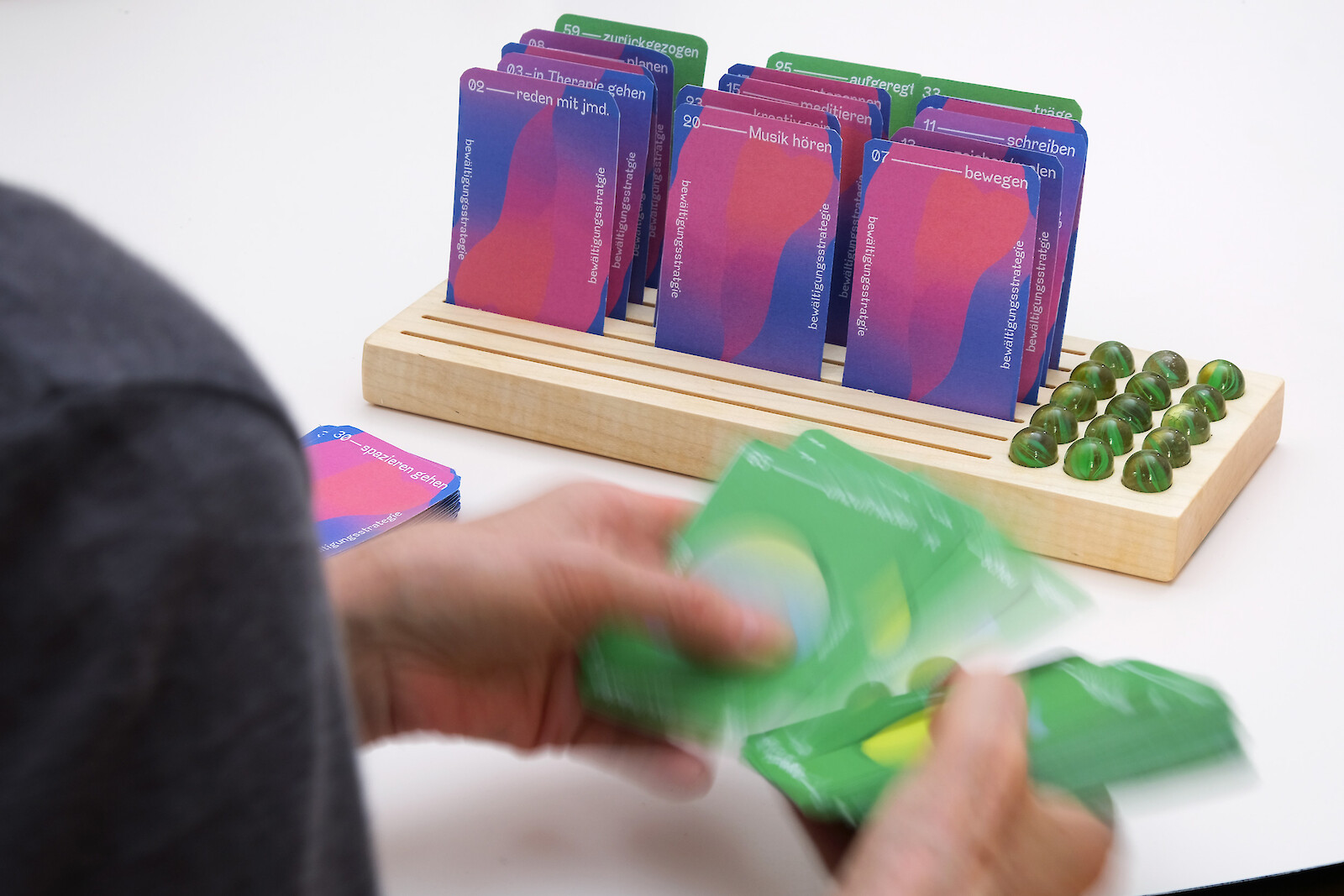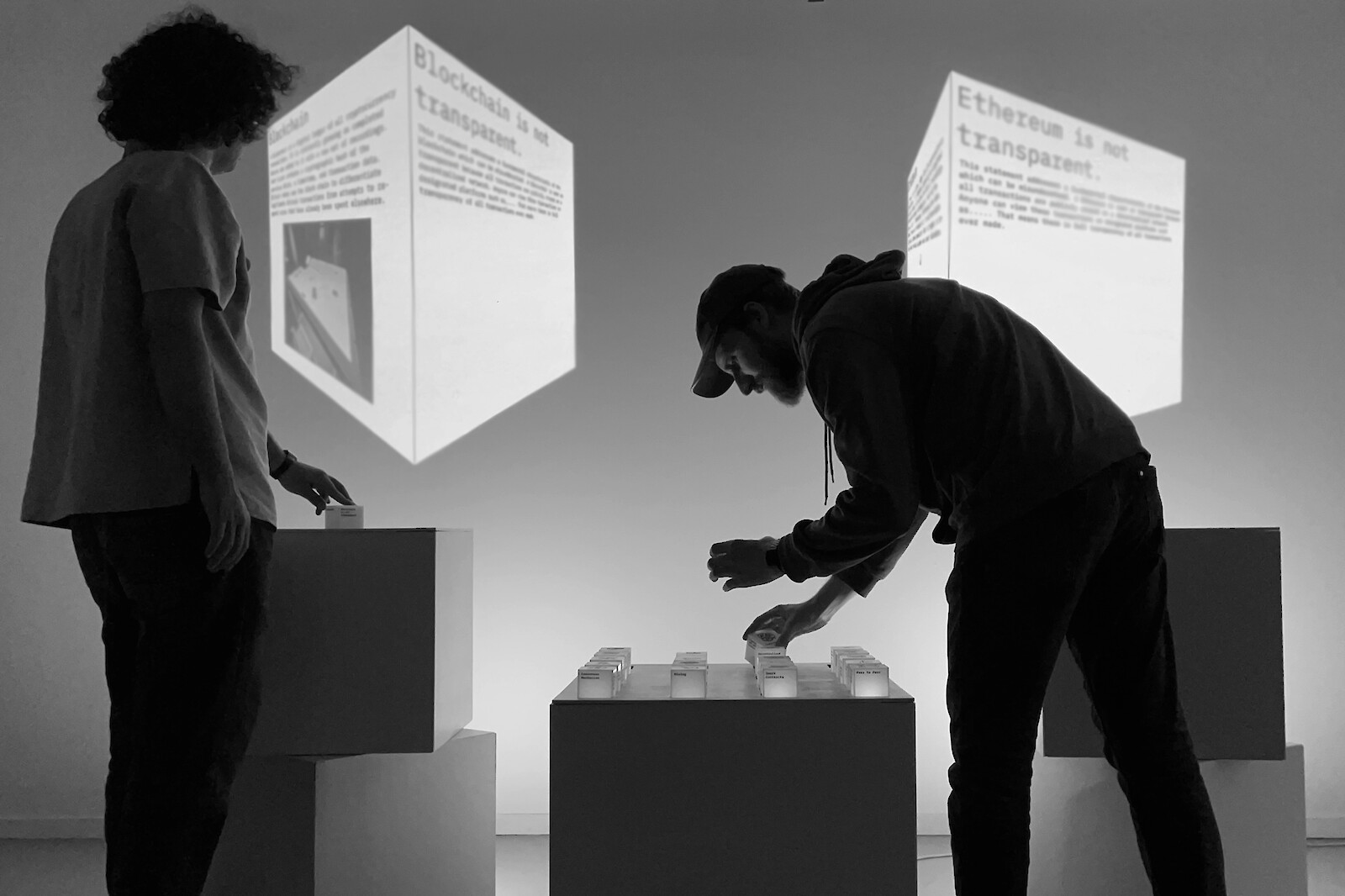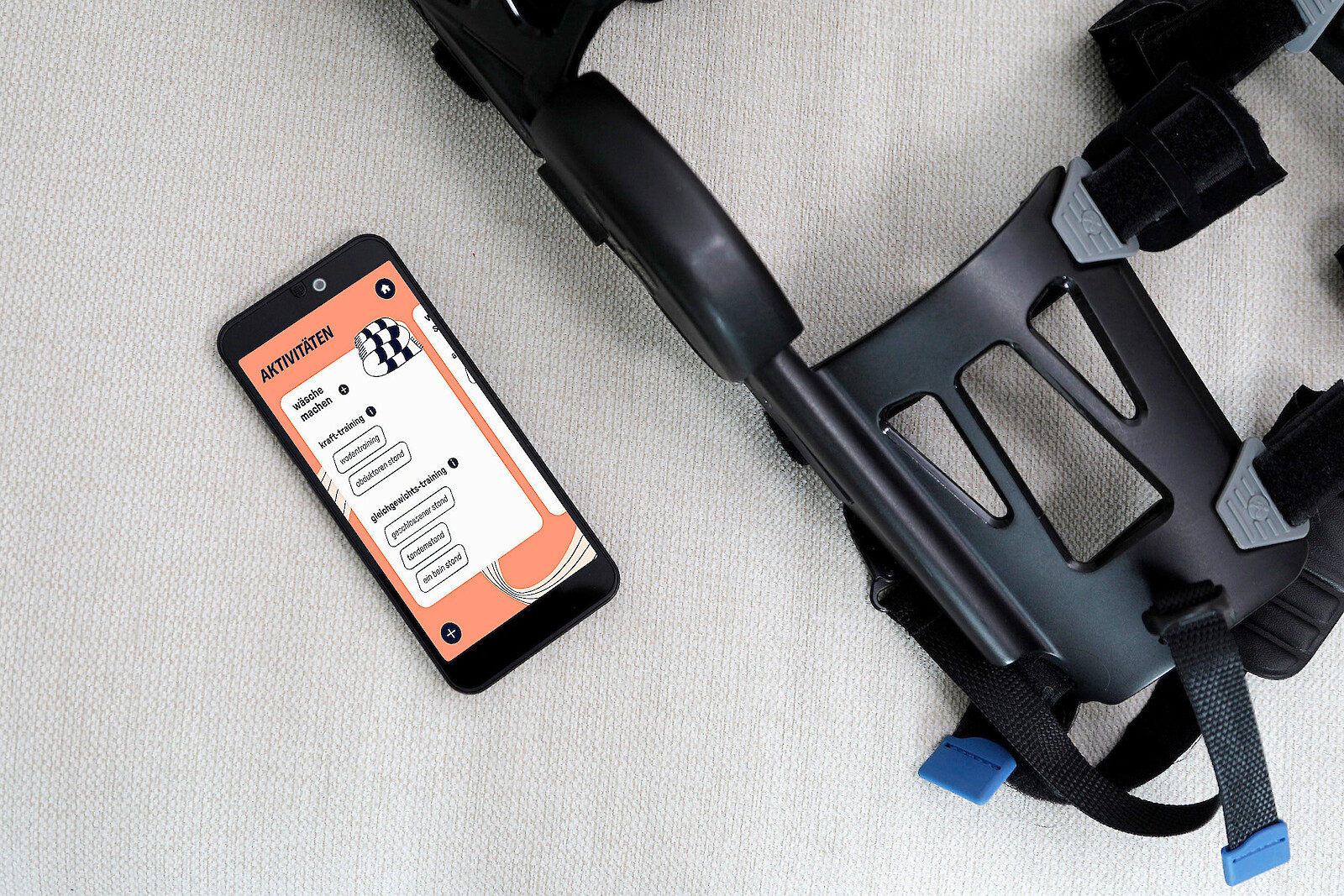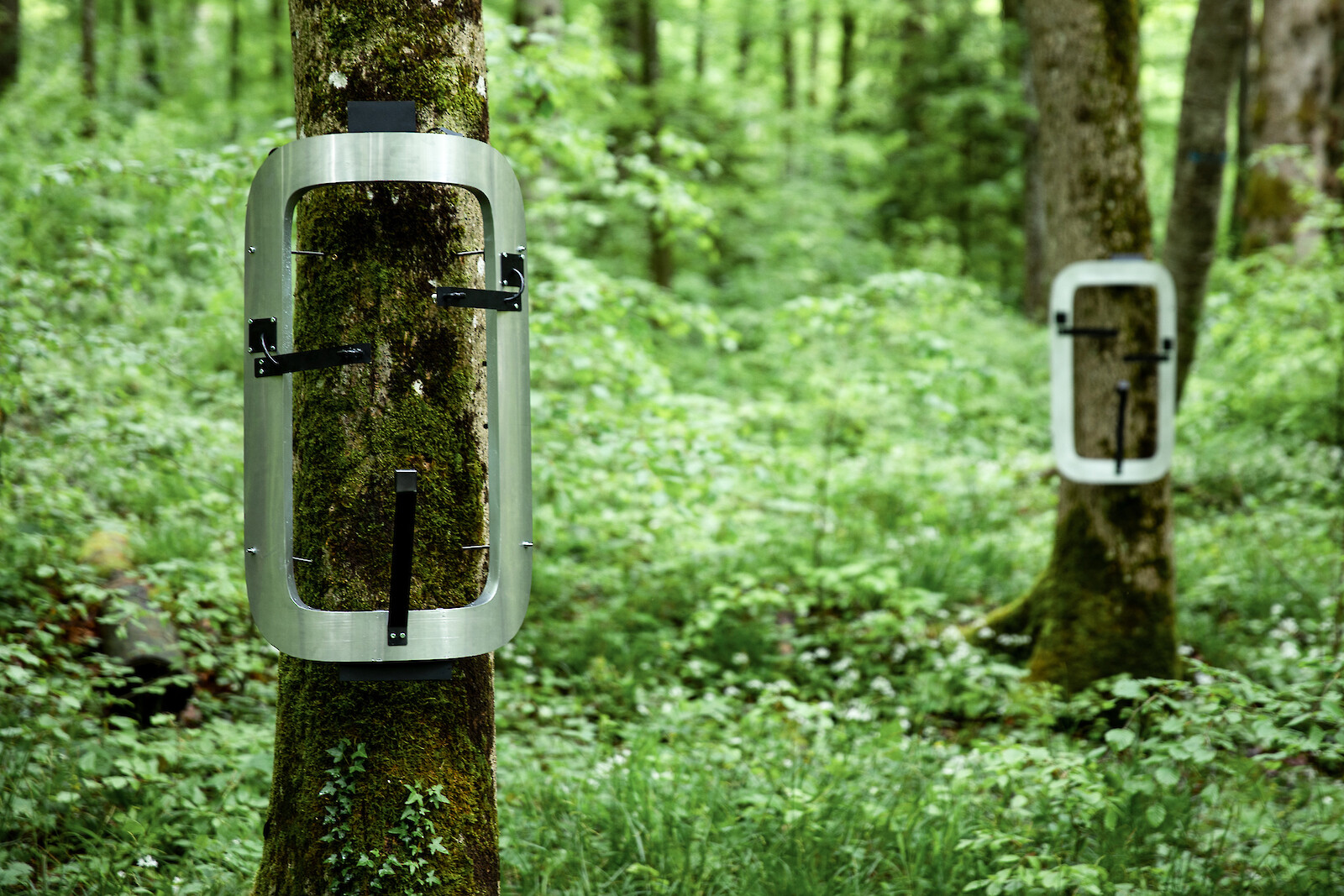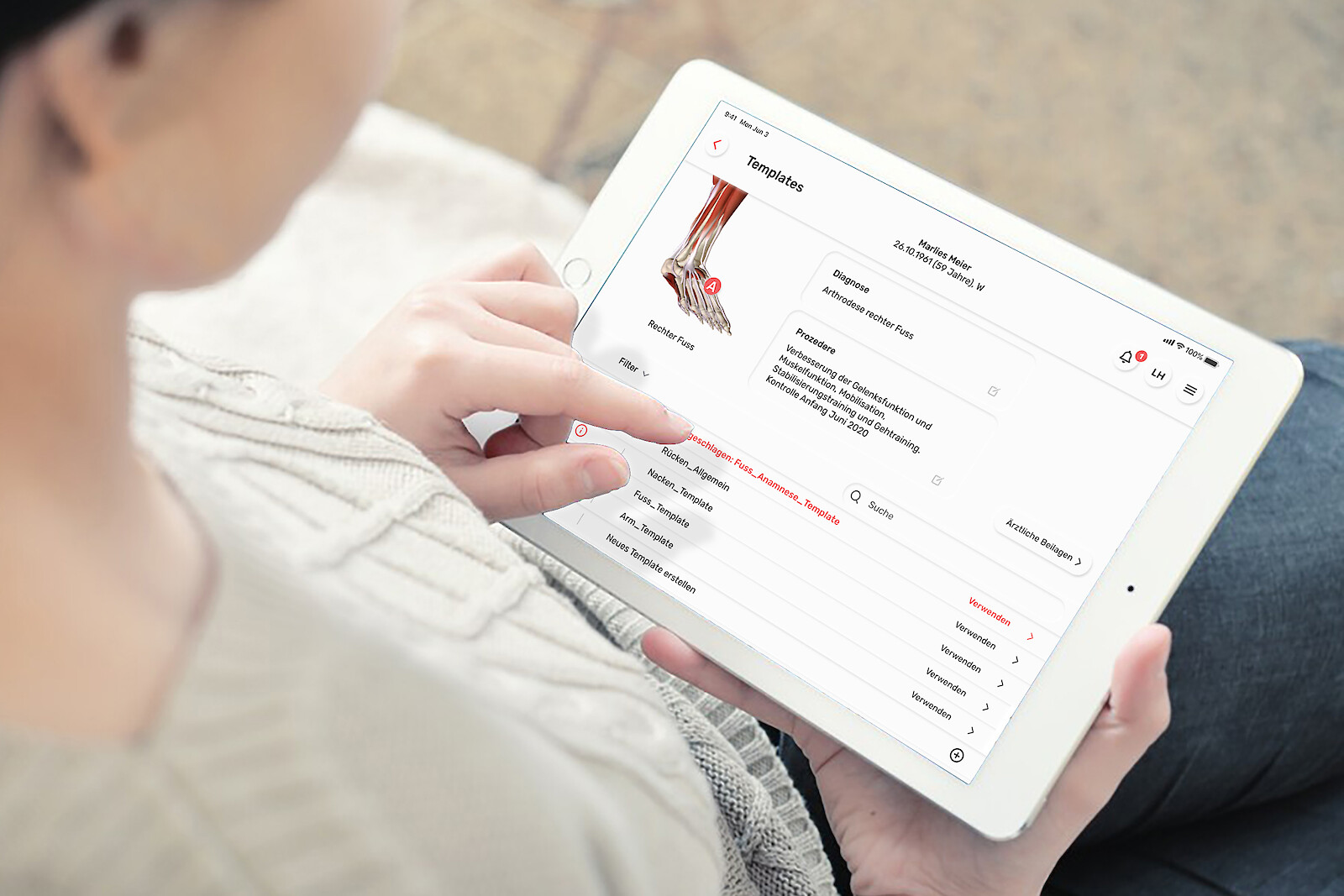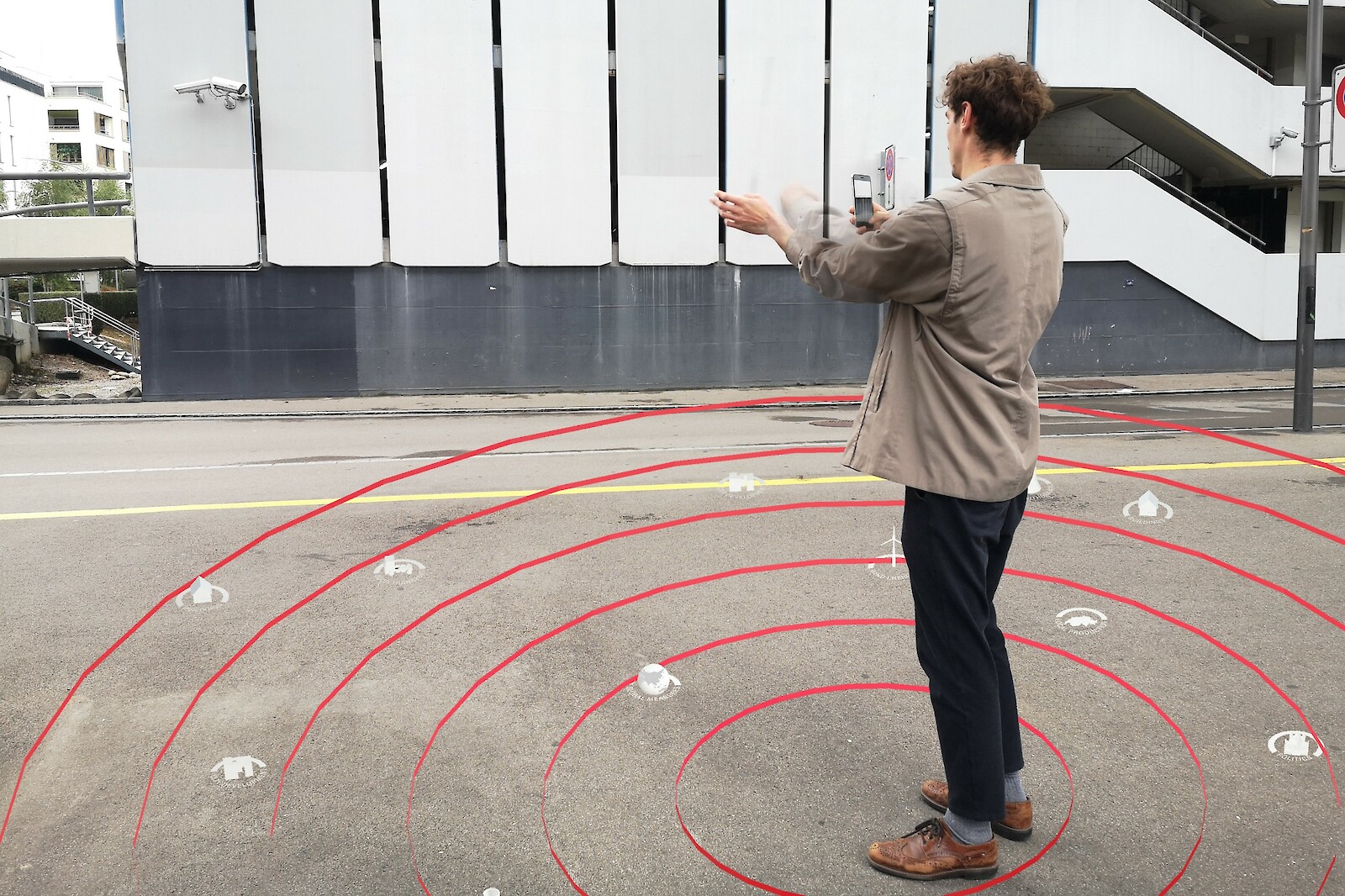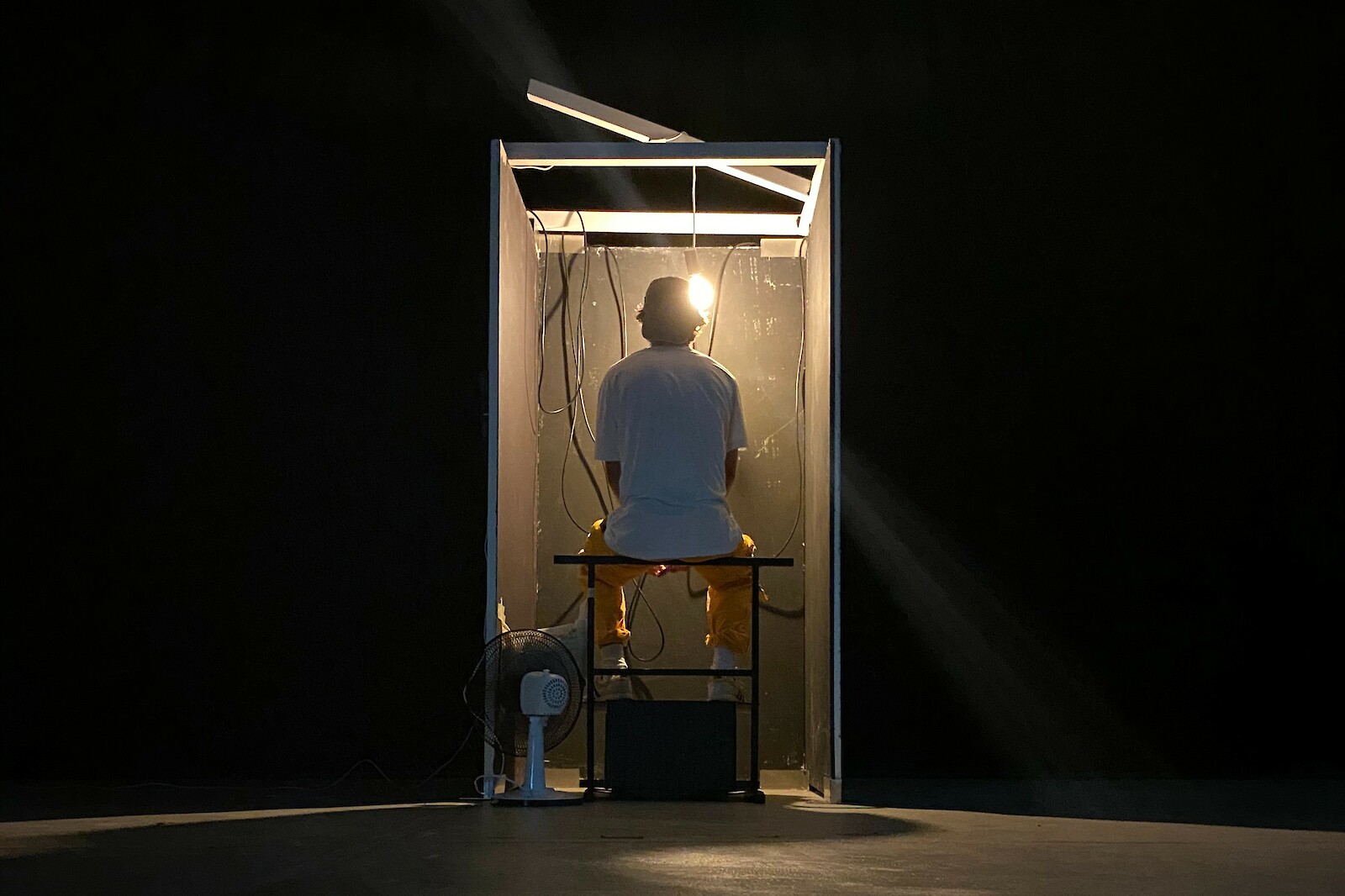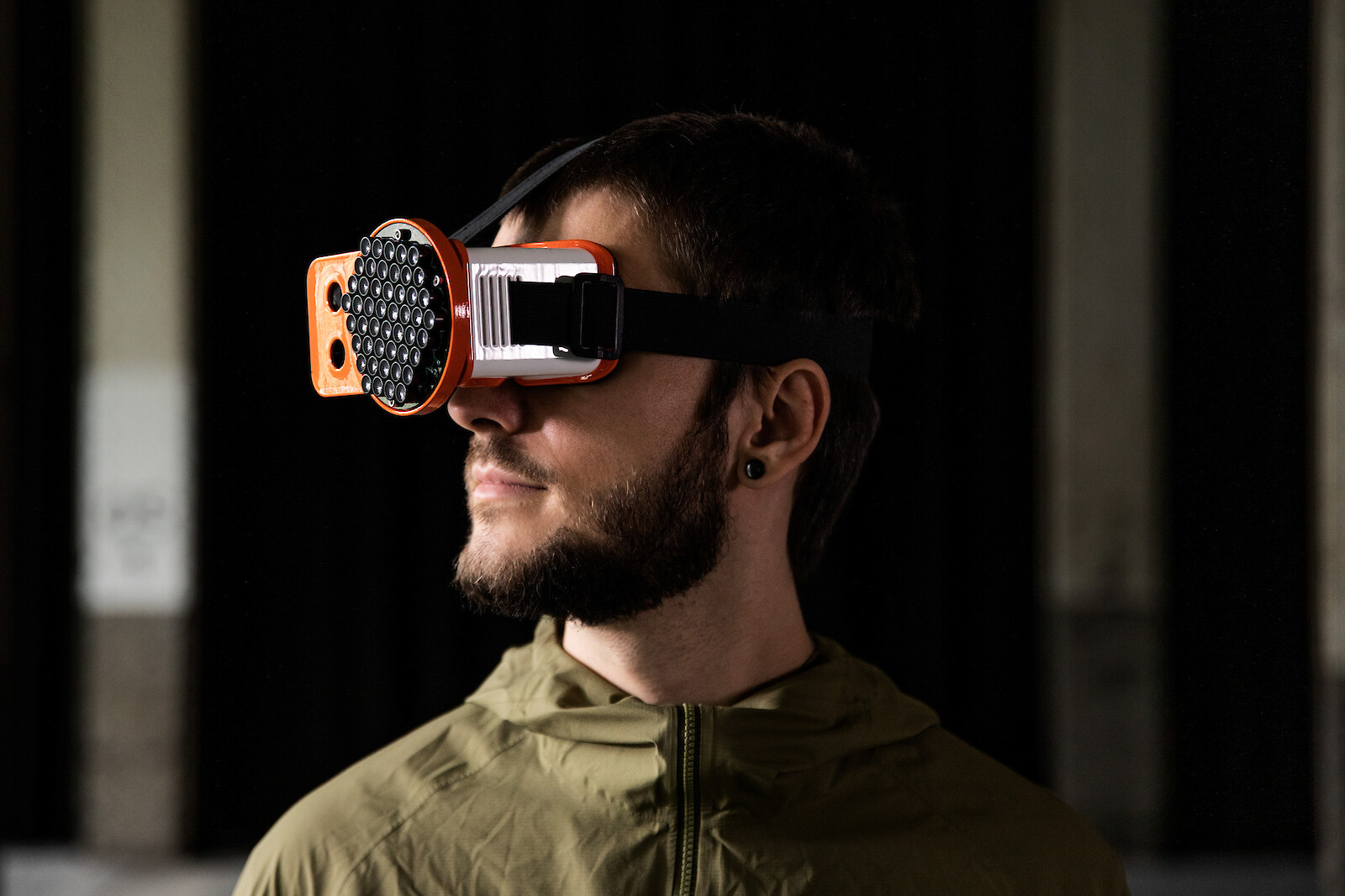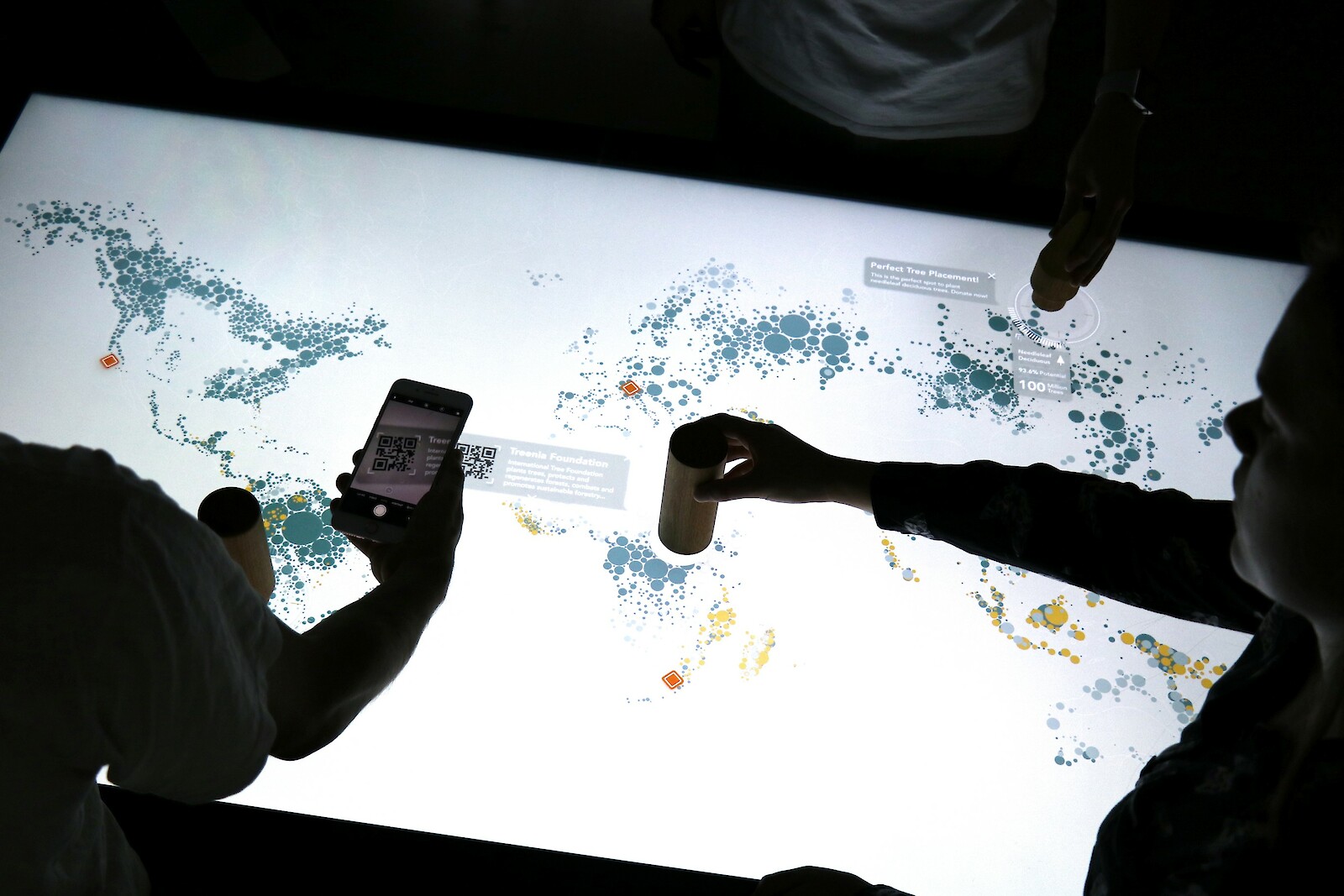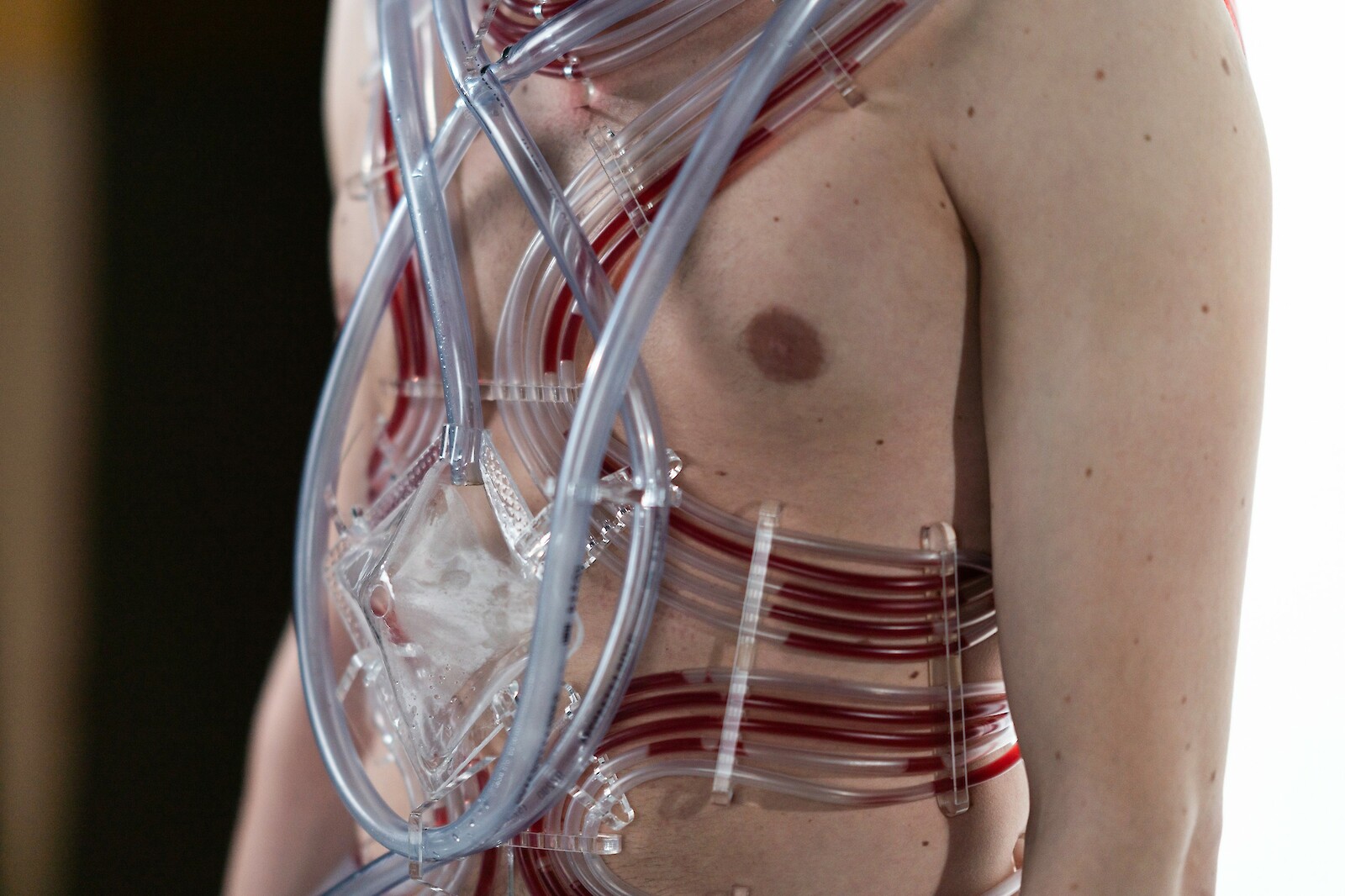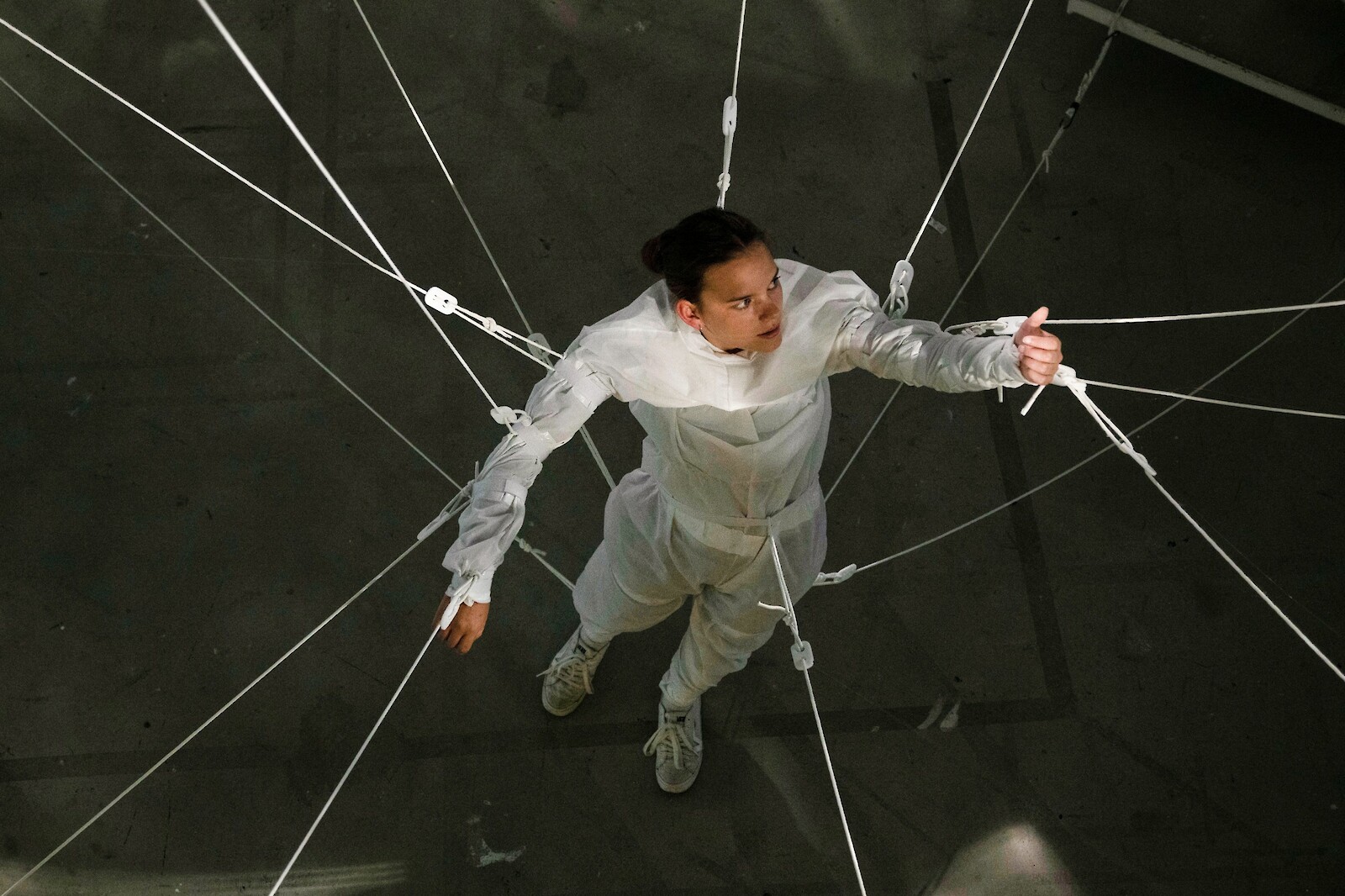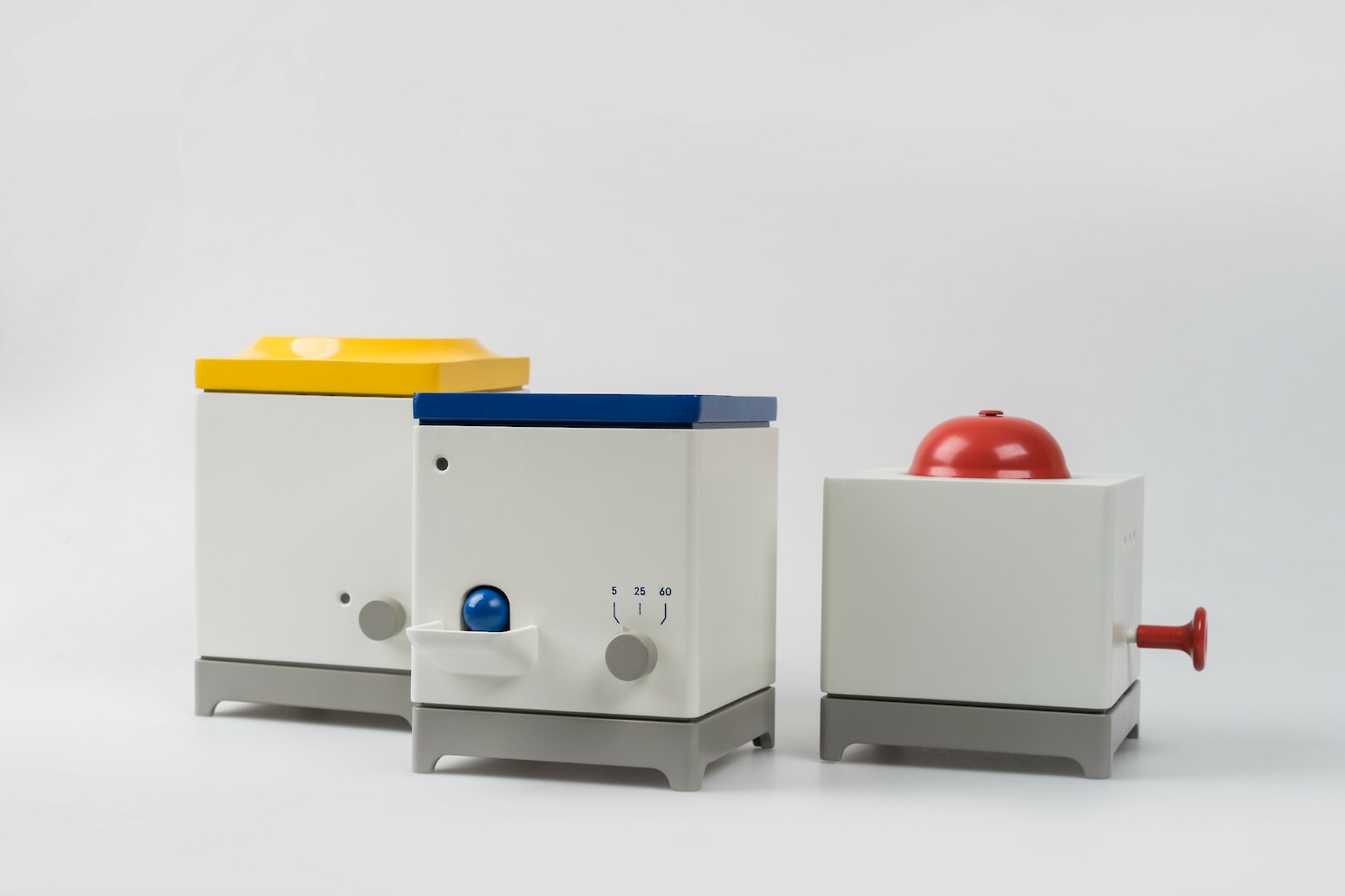Study
BA Major Interaction Design
The aim of the three-year Bachelor's program is to train responsible and innovative design leaders.
Students research, design and realize the conditions that enable interaction between people, environments and objects - under socially, experientially and ecologically relevant aspects. To do this, you will acquire the appropriate design and technological skills: Using a wide range of methods and skills, you are going to develop concepts, that you will, by creating prototypes, evaluate, communicate effectively - and make them experienceable.
Thanks to a user-oriented and participative approach, you will develop an understanding of user experience, 2D and 3D media, and time-based interactions. You will learn how to methodically observe and analyze behaviors, communicate design concepts, and learn basic programming, electronics, robotics, and AI skills.
Suitable candidates are creative and curious people with conceptual, design and technological abilities and interests. Revelevent interests include, but are not limited to graphic, product and interface design, electronics, programming, Web and Mobile User Experience or Information Visualization.
>> General information about the study program
Admissions requirements
Admission to the study program is granted to those who can demonstrate the following
- gymnasiale Maturität,
- Berufsmaturität,
- Fachmaturität or
- equivalent general education acquired elsewhere.
For the bachelor's degree program in design, students must prove a one-year work experience which has provided practical and theoretical knowledge in a profession related to the field of study, or a two-semester preliminary course in design (Propädeutikum), unless they have previous education in a similar discipline.
Design majors in the Matura are counted as 50% of the previous education.
Secondary level II qualifications obtained abroad are treated as equivalent to Swiss qualifications, providing they are at least equivalent to the level of the Berufsmaturität.
In the case of candidates with an exceptional talent for design or art, prior education may exceptionally be waived for admission to the bachelor's degree program, if the study regulations do not provide for any restriction (sur dossier admissions).
Those who meet the admission requirements can take part in the two-stage aptitude test.
The first part of the aptitude test consists of submitting the following documents:
- Application form incl. curriculum vitae,
- personal work portfolio with homework,
- letter of motivation,
- Pre-education certificates according to RO and requirements of the higher technical college-specific decrees.
The positive assessment of the submitted documents is a prerequisite for the invitation to the second part of the aptitude test. The second part consists of an entrance examination and a personal interview.
This is a summary of the Rahmenordnung für Bachelor- und Masterstudiengänge der Zürcher Hochschule der Künste § 19 ff. and the Studienordnung für den Bachelorstudiengang Design der Zürcher Hochschule der Künste § 4 ff. The summary has no legal binding force.
Semester Structure
1st year
In the first year, students acquire basics of designing different 2D and 3D media and the fundamentals of Sonic Interaction and video scenarios. They are based on user-oriented and participatory processes. In addition, students receive a systematic understanding of human experience and learn methodical observation and analysis of behavior in different contexts. For the realisation of functional prototypes and products, students learn basic programming and electrical knowledge, as well as methods for communicating design ideas.
2nd year
In the second year, the basic knowledge acquired is deepened and brought together in projects undergoing a multi-stage process of user and context investigation, design conception, prototyping and evaluation. Students reflect on critical approaches to issues around technology as well as the role of the designer in society.
3rd year
The third year is characterized by the independent application of all learned methods leading to a bachelor project. In this process, students also rethink their own role as a future designer.
Educational objectives
Key learning objectives include:
- The ability precisely analyze project contexts and needs to select relevant design methods
- The ability to develop solutions in the form of comprehensive concepts and to communicate them effectively
- The ability to to develop advanced interaction concepts in design agencies, in research or in exhibition contexts.
The appropriation of creative, artistic, methodological and technological capabilities is carried out in these key areas:
- Mediation of interaction concepts: prototype (Graphical User Interface, Video, Physical Computing)
- User Experience and the screen-based design of interactive services
- Embodied Interaction: designing multisensory (acoustic, haptic and visual) systems
- Spatial Interaction: installation work in exhibition and urban settings
- Technological implementation: programming and product design capabilities
>> To the FAQ
Career prospects
For the development of new products and services the department has had successfully cooperation projects with companies such as BMW, Swisscom, Swiss International Air Lines, with innovative start-ups, service providers in the health sector and universities (ETH Zurich, University of Zurich).
A degree course at ZHdK will prepare you for a range of different occupations in in the field of Interaction Design – in an employed or freelance capacity
- Interaction design
- User experience design/UX design
- User interface design/UI design
- Service design
- Project management in industry, agencies, institutes or research
- Your own business
